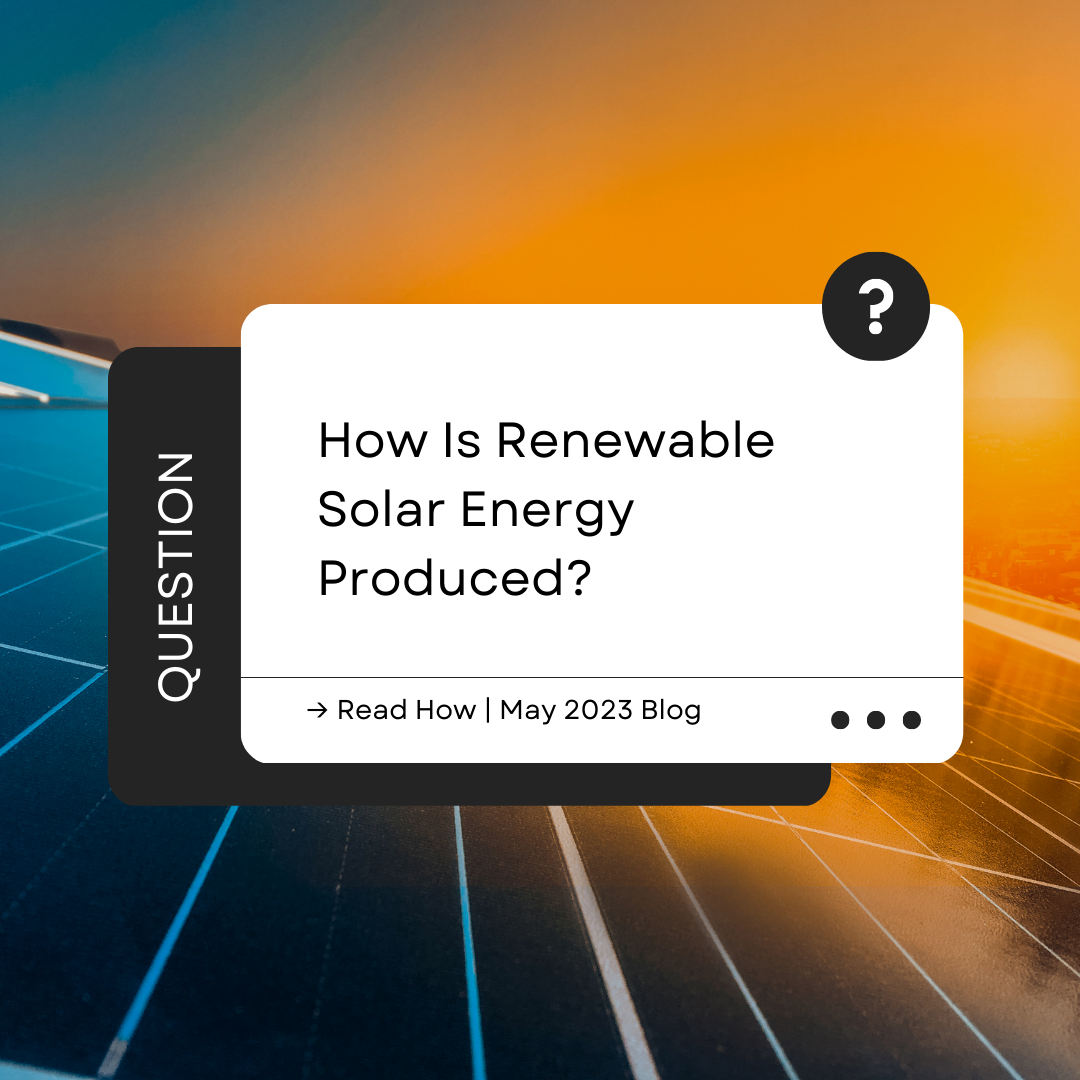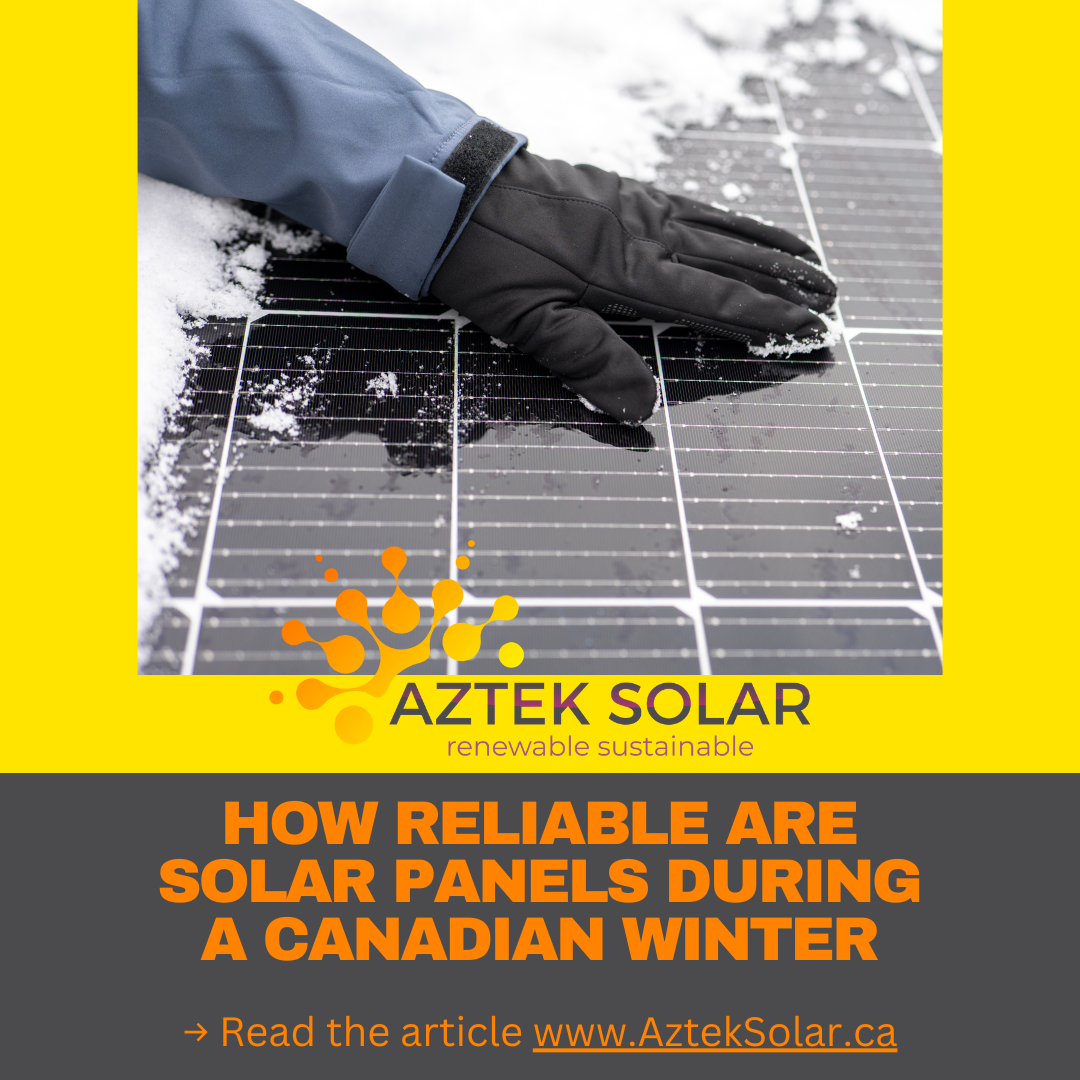How Is Renewable Solar Energy Produced
Renewable energy has become increasingly popular in recent years as concerns about climate change and environmental damage have grown. Solar energy is one of the most promising sources of renewable energy, with solar panels becoming more affordable and accessible to consumers. In this blog post, we will discuss how renewable solar energy is produced and the benefits it offers.

The process of converting sunlight into electricity is called the photovoltaic effect. This process was first discovered by French physicist Edmond Becquerel in 1839. However, it wasn't until the 1950s that practical applications for the technology were developed.
The production of renewable solar energy begins with the sun. The sun is an incredibly powerful source of energy that generates enough energy to meet the needs of the entire planet. This energy can be captured using solar panels, which are made up of photovoltaic (PV) cells. PV cells are made from materials such as silicon, which are capable of converting sunlight into electricity.
When sunlight hits the PV cells in a solar panel, it excites the electrons within the cells, causing them to flow and create a flow of electricity. This electricity is then sent to an inverter, which converts the direct current (DC) electricity generated by the solar panels into alternating current (AC) electricity that can be used by households and businesses.
The amount of energy that can be generated by a solar panel depends on several factors, including the size of the panel, the efficiency of the PV cells, and the amount of sunlight that the panel receives. To maximize the amount of energy generated by solar panels, they should be installed in areas with plenty of sunlight, such as rooftops or open fields.
Once the electricity has been generated by the solar panels, it can be stored in batteries for later use or sent directly to the power grid. When electricity is sent to the grid, it is used to power homes and businesses in the area. Any excess electricity that is generated by the solar panels can also be sent to the grid and used by others, with the owner of the solar panels receiving a credit on their electricity bill.
One of the biggest advantages of renewable solar energy is that it is a clean and renewable source of energy. Unlike fossil fuels, which release harmful pollutants into the air when burned, solar energy generates electricity without emitting any harmful pollutants or greenhouse gases. This makes solar energy an excellent choice for reducing carbon emissions and combating climate change.
Another advantage of solar energy is that it is becoming more affordable and accessible to consumers. In the past, the cost of solar panels and installation was prohibitively expensive for most people. However, advances in technology and manufacturing have made solar panels more affordable and easier to install, making them a viable option for homeowners and businesses.
Renewable solar energy also offers a great deal of flexibility in terms of how it can be used. Solar panels can be installed on rooftops or in open fields, making it possible to generate electricity in areas where traditional power sources may not be available. Additionally, solar panels can be installed on a small scale, such as on a single home, or on a large scale, such as a solar farm that generates electricity for an entire community.



For more information about a Solar Energy Solution, including Whole Home Solar PV and Solar Pool Heating solutions for your home or business, please contact AZTEK SOLAR for your free on-site evaluation and ask about the $3,000 cash-back rebate now available.
AZTEK SOLAR is a leading Nova Scotia residential and commercial solar installer, serving Halifax, Dartmouth and the surrounding areas throughout rural Nova Scotia.
With expertise in a wide variety of systems, including Solar PV (grid-tied) systems, solar hot water and solar pool heating systems, AZTEK SOLAR has helped hundreds of Atlantic Canadian homeowners, farm operations, business owners and municipalities lower their energy bills while reducing their carbon footprint.
#SolarIsNow #RenewableEnergy #AztekSolar


SUBSCRIBE TO OUR NEWS
Contact Us
Thank you for subscribing. We are happy to share our news with you!
- Brian McKay / Aztek Solar
Please try again later.
© 2021+ Aztek Solar Ltd. | All Rights Reserved
© 2021+ Aztek Solar Ltd. | All Rights Reserved
Digital Marketing by AtlanticOnline.ca
